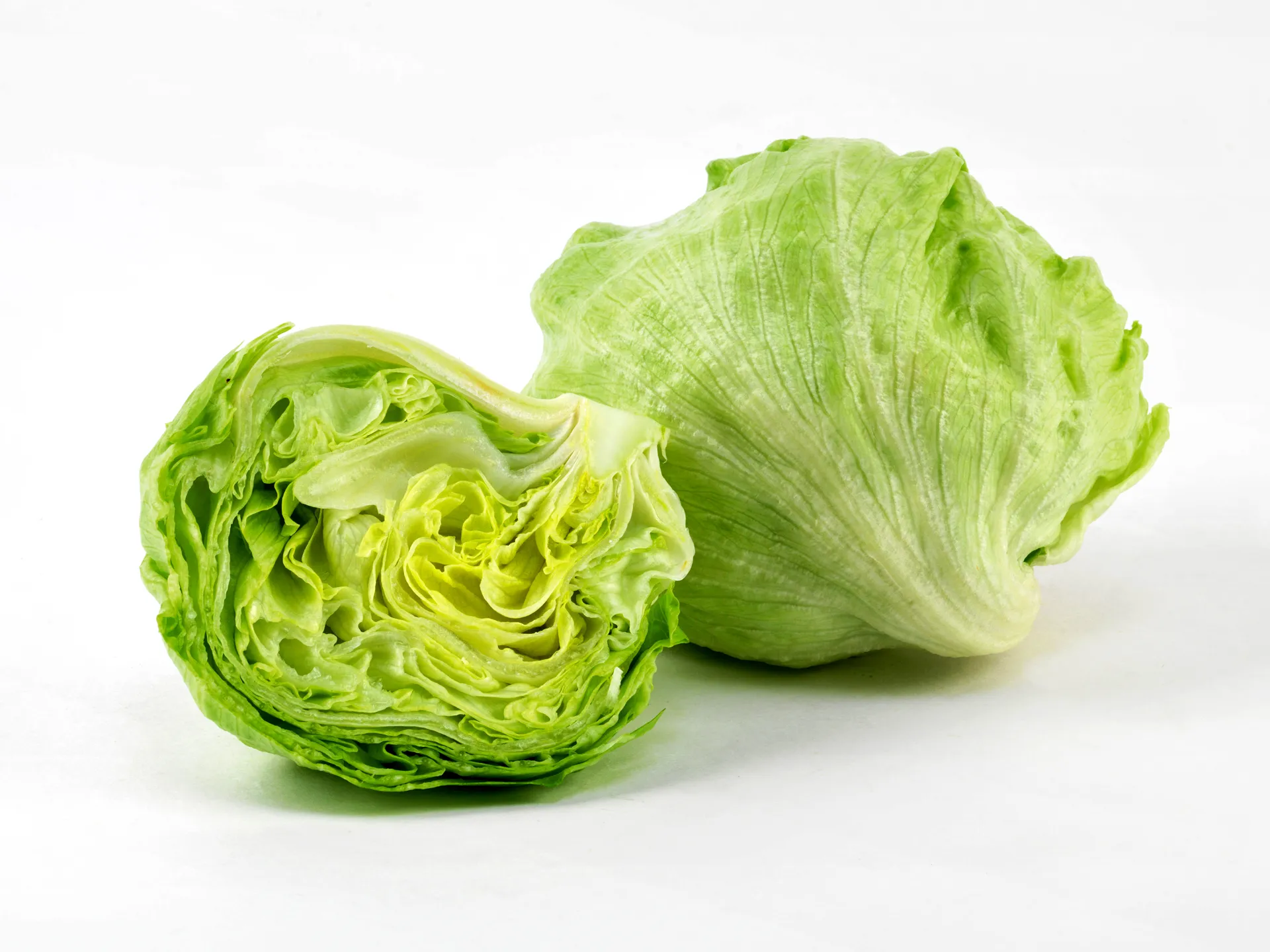Lettuce, a leafy green vegetable belonging to the Asteraceae family, is a versatile and nutritious addition to salads, sandwiches, and wraps. With its crisp texture and mild flavor, lettuce is a popular choice for those seeking a healthy and refreshing vegetable.
Nutritional Profile
Lettuce is a low-calorie, high-nutrient vegetable that provides a good source of:
- Vitamins: Vitamin C, vitamin K, folate
- Minerals: Potassium, calcium, magnesium
- Antioxidants: Quercetin, kaempferol
Health Benefits
Consuming lettuce has been associated with several potential health benefits:
- Improved digestion: The fiber content in lettuce can help promote healthy digestion and prevent constipation.
- Weight management: Lettuce is a low-calorie vegetable that can help you feel full without adding unnecessary calories to your diet.
- Boosted immunity: The vitamin C in lettuce can help strengthen the immune system and protect against infections.
- Heart health: The antioxidants in lettuce can help lower cholesterol levels and reduce the risk of heart disease.
- Blood pressure regulation: The potassium in lettuce can help regulate blood pressure.
Types of Lettuce
There are many different types of lettuce, each with its own unique flavor, texture, and appearance. Some of the most common types of lettuce include:
- Romaine: Romaine lettuce has a crisp texture, a slightly bitter taste, and a tall, elongated shape.
- Iceberg: Iceberg lettuce is known for its crisp texture and mild flavor.
- Bibb: Bibb lettuce is a small, round head of lettuce with a tender texture and a slightly sweet taste.
- Butterhead: Butterhead lettuce has a soft, buttery texture and a mild flavor.
- Spinach: Spinach is a leafy green vegetable that is often used in salads and smoothies.
Culinary Uses
Lettuce is a versatile vegetable that can be enjoyed in various ways. Here are some popular culinary applications:
- Salads: Lettuce is a common ingredient in salads, providing a crisp base for other vegetables and toppings.
- Sandwiches and wraps: Lettuce can be added to sandwiches and wraps for a fresh and flavorful element.
- Soups and stews: Lettuce can be added to soups and stews for a nutritious and flavorful addition.
- Wraps: Lettuce leaves can be used as wraps for sandwiches or other fillings.
Tips for Preparing Lettuce
- Washing: Lettuce should be washed thoroughly to remove any dirt or grit.
- Storing: Lettuce can be stored in the refrigerator for up to a week.
Lettuce is a nutritious and versatile vegetable that can be incorporated into various dishes. By enjoying the benefits of lettuce, you can improve your health and add a fresh and flavorful element to your meals.
